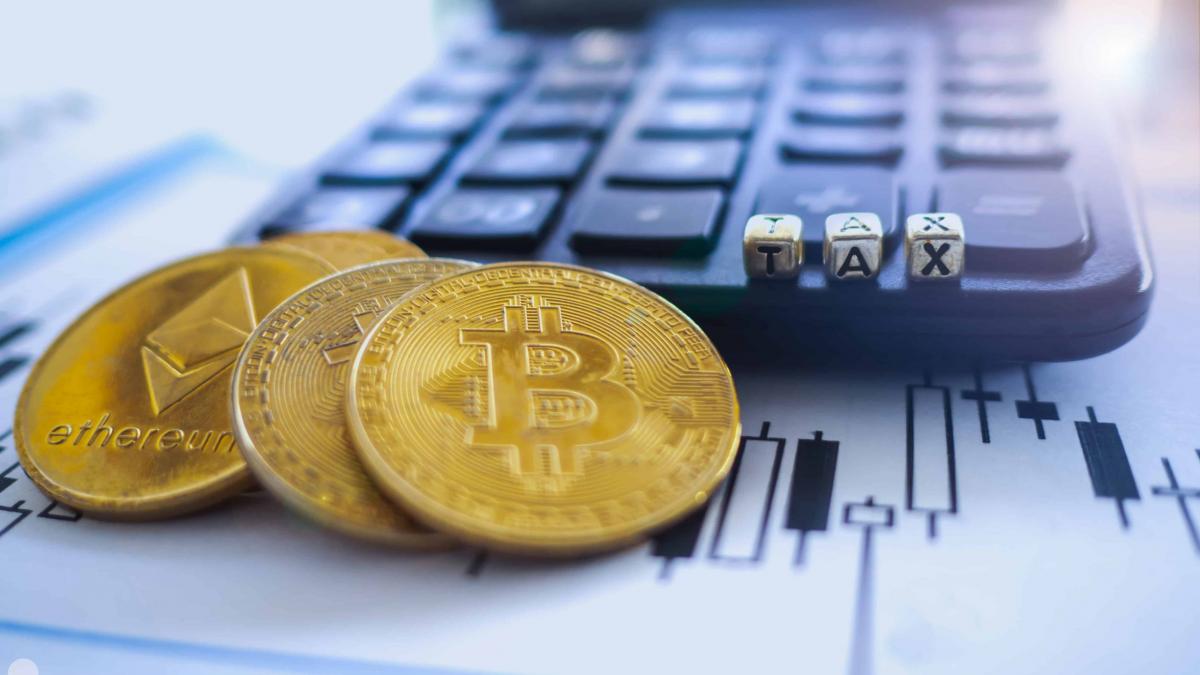Now Reading: What India’s Crypto Tax Really Means for Small Investors
-
01
What India’s Crypto Tax Really Means for Small Investors
What India’s Crypto Tax Really Means for Small Investors

As more Indians from tier-2 cities explore cryptocurrency, one question keeps coming up—how does the crypto tax actually work? Whether you’re investing through an app or trading occasionally, the tax department considers your crypto income just like any other investment gain. Understanding how much you owe and how to stay compliant is crucial if you want to avoid unexpected penalties later.
How crypto is taxed in India
The government treats cryptocurrencies as virtual digital assets. This means any profit made from selling crypto is taxable. A flat 30% tax is applied on gains, without any deductions for expenses like transaction fees or internet costs. If you sell your crypto at a higher price than you bought it for, that profit is taxable—simple as that. What often surprises small investors is that even one profitable trade falls under this rule.
The 1% TDS rule
Apart from the 30% tax, there’s also a 1% tax deducted at source (TDS) on each transaction. This means every time you sell or transfer crypto, the exchange deducts 1% of the value and reports it to the government. While it may seem small, frequent traders often see their liquidity reduce over time because of this constant deduction. The purpose of TDS is to help authorities track transactions and discourage unreported trading.
Why compliance matters
For small investors, it’s tempting to think small amounts won’t attract attention. But digital footprints are easy to trace. Exchanges operating in India are required to share user data with tax authorities. If you’ve earned from crypto and haven’t declared it in your income tax return, you might face penalties later. Staying compliant builds a clean record and avoids unnecessary trouble in the future.
How tier-2 investors can manage better
People in tier-2 cities often rely on local financial advisors or online communities for guidance. But crypto is still new, and not every advisor understands the taxation properly. It’s better to consult a qualified tax expert who’s aware of virtual asset laws. Keep records of all transactions—dates, prices, exchange names, and wallet addresses. These details make filing easy and protect you if any clarification is needed.
Common mistakes to avoid
Many beginners don’t realise that swapping one crypto for another also counts as a taxable event. Another common mistake is using international exchanges that don’t report to Indian authorities—this might look convenient but can raise red flags later. Avoid keeping large holdings in unregistered apps or peer-to-peer wallets that don’t offer proper transaction history. Transparency is your best protection.
Conclusion
Crypto taxes might feel confusing at first, but once you understand the basics, compliance becomes easy. For small investors in tier-2 cities, the key is awareness—know how much you owe, report it honestly, and plan your trades accordingly. The government isn’t banning crypto, but it expects transparency. Treat your digital assets like any other investment, and you’ll stay on the right side of both profit and the law.

























